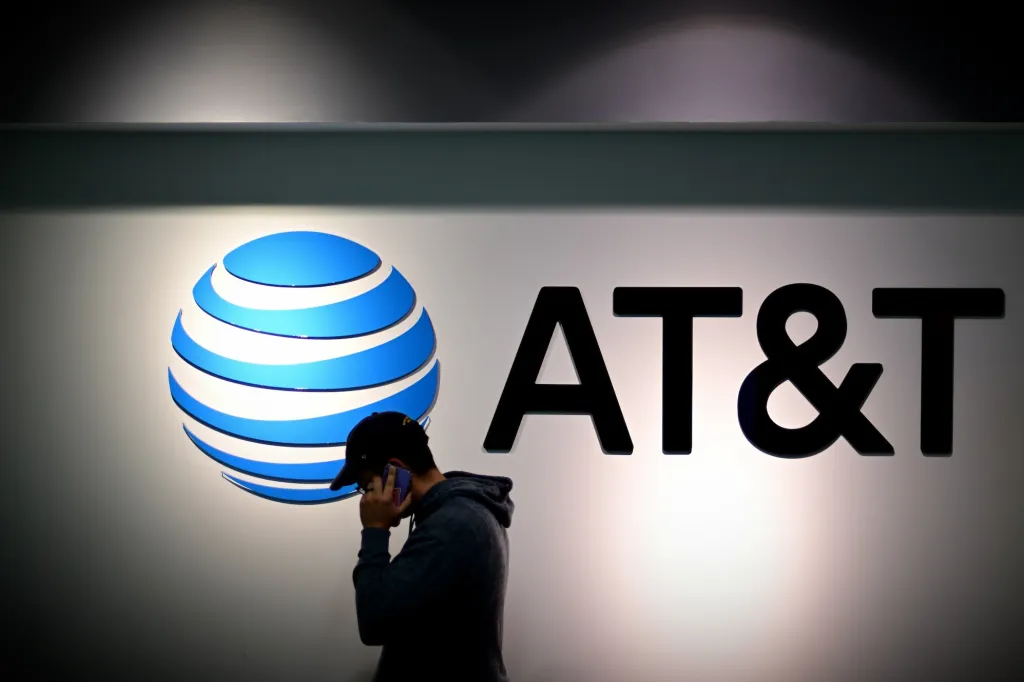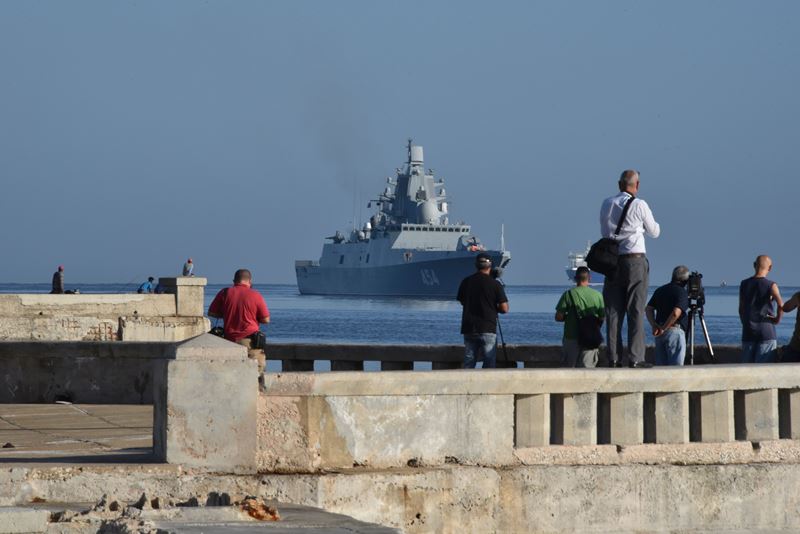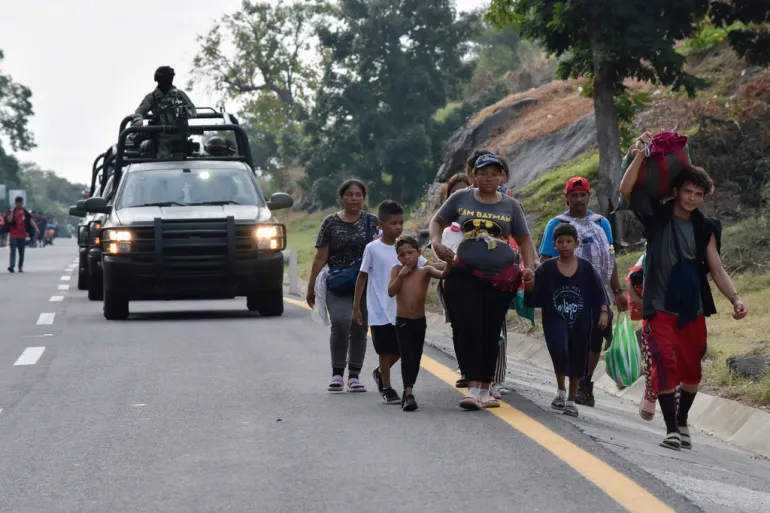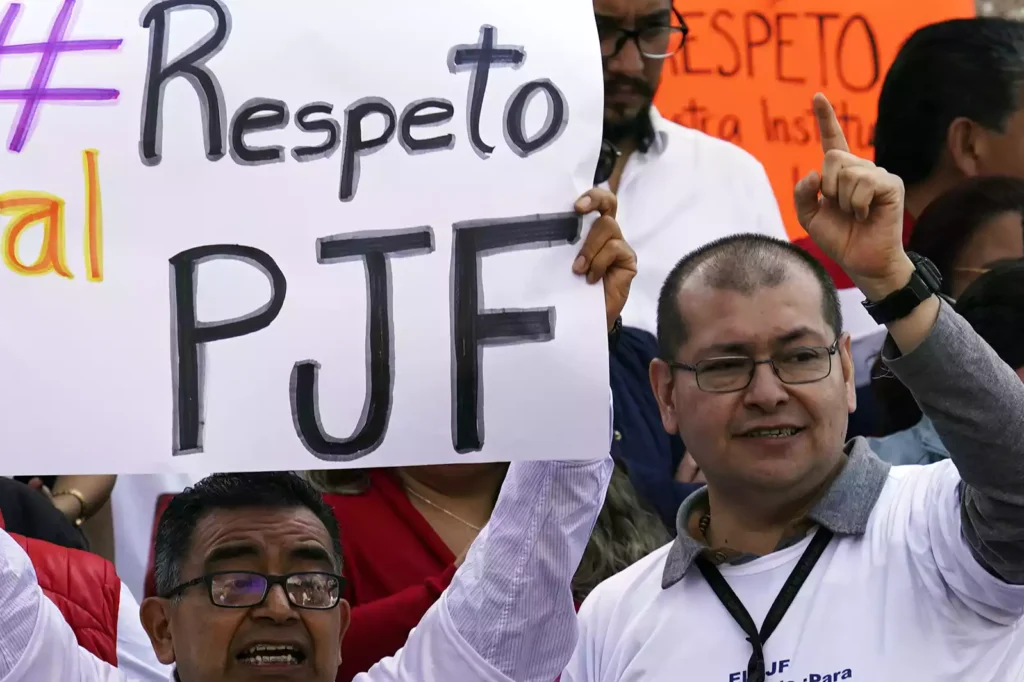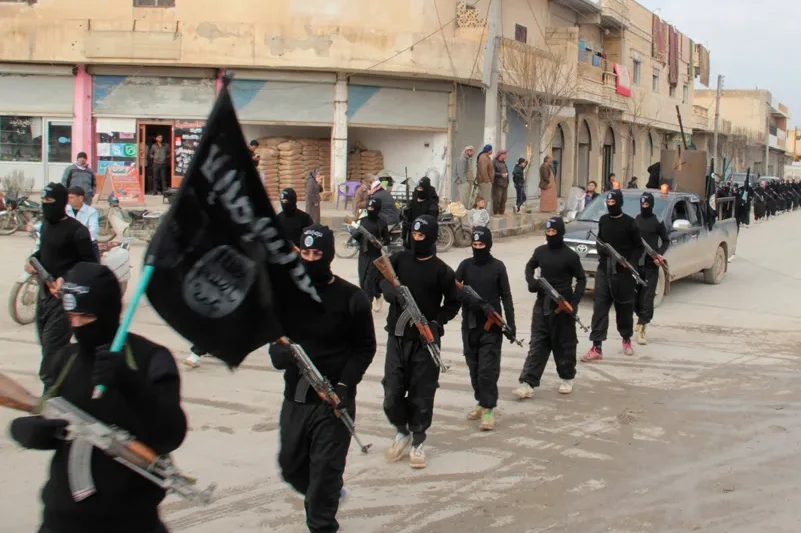U.S. expressed support for protesters in Cuba
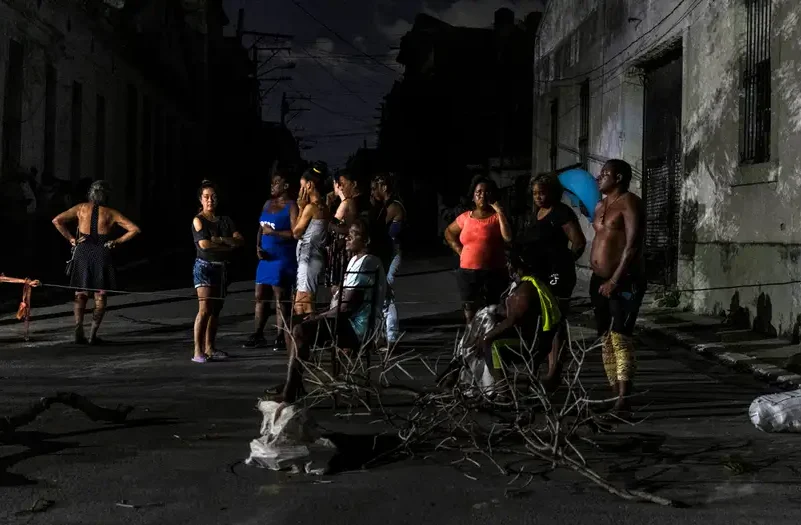
U.S. expressed support for protesters in Cuba in Cuba, and considers it an expression of the desperate situation Cubans are living in.
On March 17, hundreds of Cubans took to the streets to express their discontent, mainly due to the crisis in public services.
The United States attributed the protests in Cuba to a desperate situation due to blackouts and food shortages.
But the U.S. government considered it absurd to be accused of interference, a State Department spokesman said Monday.
Despite this, the U.S. expressed its support for the protesters in Cuba
“The United States is not behind these protests in Cuba and the accusation is absurd,” Vedant Patel told reporters after the charge d’affaires of the U.S. embassy in Havana, Benjamin Ziff, was summoned to the foreign ministry.
Deputy Minister Carlos Fernández de Cossío “formally conveyed” to Ziff “the firm rejection of the interference behavior and the slanderous messages of the US government and its embassy in Cuba regarding internal affairs of the Cuban reality”, the Cuban Foreign Ministry said in a statement.
READ MORE: FOUR YEARS SINCE THE DECLARATION OF THE COVID PANDEMIC.
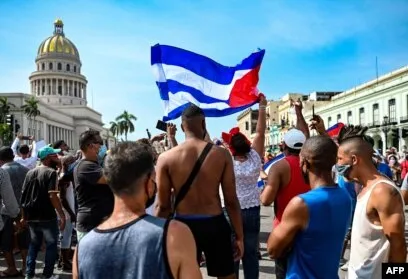
U.S. expressed support for protesters in Cuba
The United States expressed its support for demonstrators in Cuba who protested Sunday in Santiago de Cuba, in the east of the island, after several days of blackouts of up to 13 hours a day and food shortages.
It was one of the largest days of anti-government demonstrations recorded in Cuba since July 11, 2021, the most numerous protests in decades, in line with those in Nuevitas (2022) and Caimanera (2023).
“I think what we are seeing is a reflection of the desperate situation on the island,” the State Department spokesman estimated.
Washington calls “on the Cuban government to refrain from violence and unjust detentions and we call on the authorities to respect the right of Cuban citizens to assemble peacefully,” he added.
The United States expressed support for protesters in Cuba and noted that they are within their rights.
“The United States supports the Cuban people in exercising their right to peacefully assemble,” said Brian Nichols, the State Department’s official in charge of Latin America, on social networks.
Nichols also said that “the Cuban government will not be able to meet the needs of its people until it adopts democracy and the rule of law and respects the rights of its citizens”.
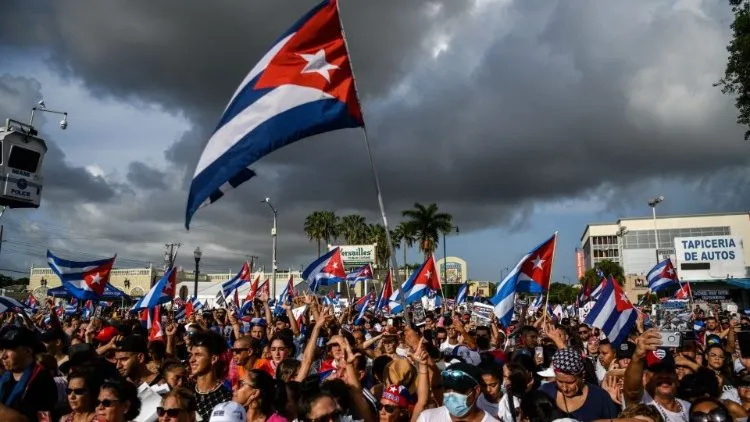
Light outages and fuel shortages
Over the weekend, power outages worsened due to fuel shortages.
Cuba believes the situation would improve if the United States were to remove it from the list of sponsors of terrorism, a measure that hinders the island’s commercial transactions and investments.
Democratic President Barack Obama removed it from this list in 2015 but it was included again at the end of Republican Donald Trump’s term.
His successor, Democrat Joe Biden, who was Obama’s vice president, kept it on it.
In addition, Cuba has been under a U.S. economic embargo for more than six decades.
READ HERE: NO UN ENDORSEMENT: THE MARITIME AID CORRIDOR TO GAZA.
Cuba has been mired in a severe economic crisis for more than three years, with shortages of basic goods, rampant inflation, prolonged daily blackouts and increasing dollarization, which has led to unprecedented migration and strong social unrest.
The blackouts have worsened in the last two months due to breakdowns in the obsolete Soviet-era power plants and the lack of fuel, with power outage rates of up to 45% at peak demand times.
These failures add up to more than 10 hours a day in many provinces of the country.
The covid-19 pandemic, the tightening of U.S. sanctions and endogenous errors in economic and monetary policies have aggravated the structural problems of the Cuban system in the last three years.
Following the March 17 wave of civil protests in Cuba against blackouts, the economic crisis, shortages and lack of freedom, a series of arbitrary and violent arrests were made by the dictatorship against the demonstrators.
After the United States expressed its support to demonstrators in Cuba, the organization Cubalex verified some arrests.
The platform also reported that there are several protesters in forced disappearance. It also stated that during the protests, military and police presence was deployed in several cities of the country, including: Guantánamo, Camagüey, Bayamo, Santiago de Cuba, Cienfuegos, Artemisa and Pinar del Río.
In addition, internet outages were reported in the areas of the protests, reports CubaNet.


